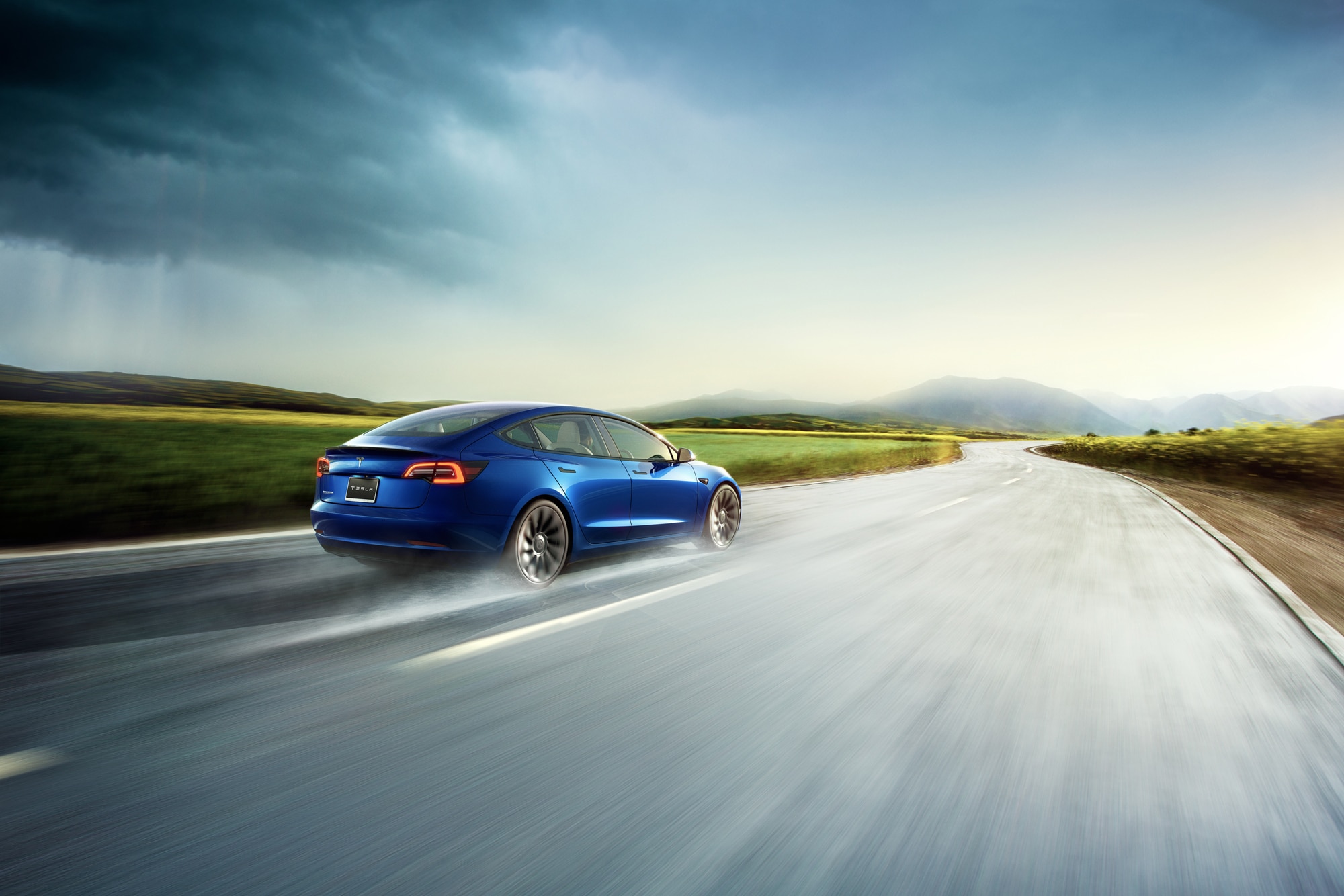How Elon Musk "Accidentally" Delivered a Cheap Tesla
The electric car company's least-costly models are currently less expensive than the average new car — for now.
 Tesla
Tesla
When Elon Musk introduced the Tesla Model 3 in 2016, he couldn't resist a now-familiar sales tease. The electric sedan, Musk said, would be more than just an amazing car.
"In terms of price, it'll be $35,000," Musk said.
Only a few of those $35,000 Model 3 cars were actually built, however, before that bargain version was canceled. Yet the long-ranging, technically advanced Model 3 still became the world's most popular EV, even as a series of price hikes left it selling for about $44,000 to $64,000 by 2023.
EVs Explode in Popularity, With Prices to Match
What's happened since 2016, illustrates the topsy-turvy state of EV and auto sales in 2023. EVs have never been more popular, thanks to Tesla's unstoppable rise and the arrival of genuine competition from the likes of Hyundai, Kia, Ford, Volkswagen, General Motors, and others. Soaring Tesla sales and a raft of compelling new models drove EV sales up 65% from 2021 to 2022, to an estimated record 810,000 units, according to Kelley Blue Book. As a result, EVs seized 5.8% of the market in 2022, up from 3.2% in 2021.
Clearly the electric revolution is real, and it's gaining momentum. Yet for consumers hoping to ditch their gasoline-burning cars and their tailpipe emissions, there's no sugarcoating it. Between rising interest rates, scarce supplies, and too few models within middle-class budgets, EVs remain out of reach for many buyers.
According to Cox Automotive, consumers paid nearly $62,000 for the average EV in December 2022. Those transaction prices actually fell from about a record $65,000 in November 2022 thanks to year-end discounts on Tesla models.
Consumers shelled out about $50,000 for the typical new car overall in December 2022, meaning EVs cost about $12,000 more than conventional cars on average. That kind of price difference for electric technology might dampen the enthusiasm or break the budget of even a determined EV prospect.
Tesla Slashes Prices, Puts Heat on EV Rivals
As free-spending consumers and inflation drove prices higher, something unexpected happened. Relatively speaking, the Model 3 was suddenly looking like a squarer deal, thanks to a one-two punch that few could have predicted.
In January 2023, Tesla threw down a gauntlet to GM, Ford, and other EV makers, cutting prices by as much as 20% on the Model 3 and Model Y in the face of slackening demand and looming competition. On top of that, lower prices make the most-affordable Tesla models eligible for $7,500 federal consumer tax credits under the Inflation Reduction Act of 2022. Those credits will now be available on cars priced at less than $55,000.
Not coincidentally, the most affordable version of the Model 3 sells for about $42,000 as of July 2023, so it's closer to $35,000 after federal tax breaks. That equals Musk's original $35,000 boast, albeit with a boost from the feds. The most-affordable Model Y in July 2023 starts at around $49,000. It's all a major about-face from 2022, when many EV makers were increasing prices amid soaring demand and limited supplies.
Why Is Tesla Offering Such Dramatic Discounts?
At first glance, the automaker enjoyed another knockout year, boosting its U.S. sales by 48% from about 352,000 cars in 2021 to 522,000. They did this even as overall new-car sales slumped in 2022 by 8% to about 13.8 million units, the industry's worst performance since 2011. But Tesla also saw its stock price tumble by two-thirds, destroying some $700 billion in shareholder value, likely driven by Musk's highly publicized missteps, from a distracting $44 billion Twitter purchase to his participation in messy cultural and political issues.
Despite its booming U.S. sales, Tesla fell short of its global target of 1.4 million sales. And its U.S. EV market share fell to a record-low 60% in the fourth quarter. KBB editor Brian Moody writes that Tesla's price cuts should put serious heat on rivals to keep their own prices in line.
Written by humans.
Edited by humans.
 Lawrence Ulrich
Lawrence UlrichLawrence Ulrich is an award-winning auto writer and regular contributor for a variety of national newspapers, magazines, and web sites. He and his territorial cat are Brooklyn-based. Lawrence is also the proud owner of a fast-but-frustrating 1993 Mazda RX-7 twin-turbo R1.
Related articles
View more related articles